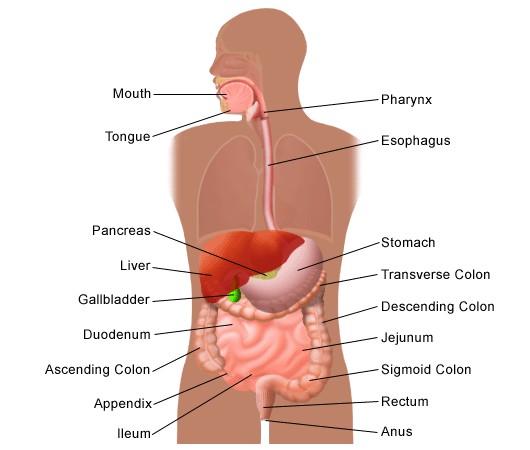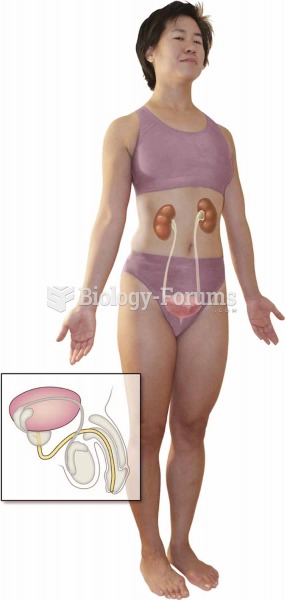Answer to Question 1
Correct Answer: 3
Rationale 1: While this is true it is not the primary reason generalization of information is a key focus.
Rationale 2: While this is true it is not the primary reason generalization of information is a key focus.
Rationale 3: All nurses must have a basic level of computer literacy in order to perform their jobs. Although facilities may utilize the same computer program, it will be customized to each individual facility. Students are expected to know the basic terminology and function of hospital or facility computer systems, but the science of computers changes so quickly that keeping an open mind about change is extremely important.
Rationale 4: This is not true since appropriate documentation of care is dependent upon having that knowledge.
Answer to Question 2
Correct Answer: 1,3,4
Rationale 1: Home care today involves a wide range of healthcare professionals providing services, such as physical therapy, in the home setting to people who are recovering from an acute illness or injury, are disabled, or have a chronic condition.
Rationale 2: Pregnancy education would not be addressed in the home setting unless the pregnancy required bed rest.
Rationale 3: Home care today involves a wide range of healthcare professionals providing services, such as assistive devices, in the home setting to people who are recovering from an acute illness or injury, are disabled, or have a chronic condition.
Rationale 4: Home care today involves a wide range of healthcare professionals providing services, such as nursing care, in the home setting to people who are recovering from an acute illness or injury, are disabled, or have a chronic condition.
Rationale 5: Home care does not include non-professional services such as grocery delivery.







